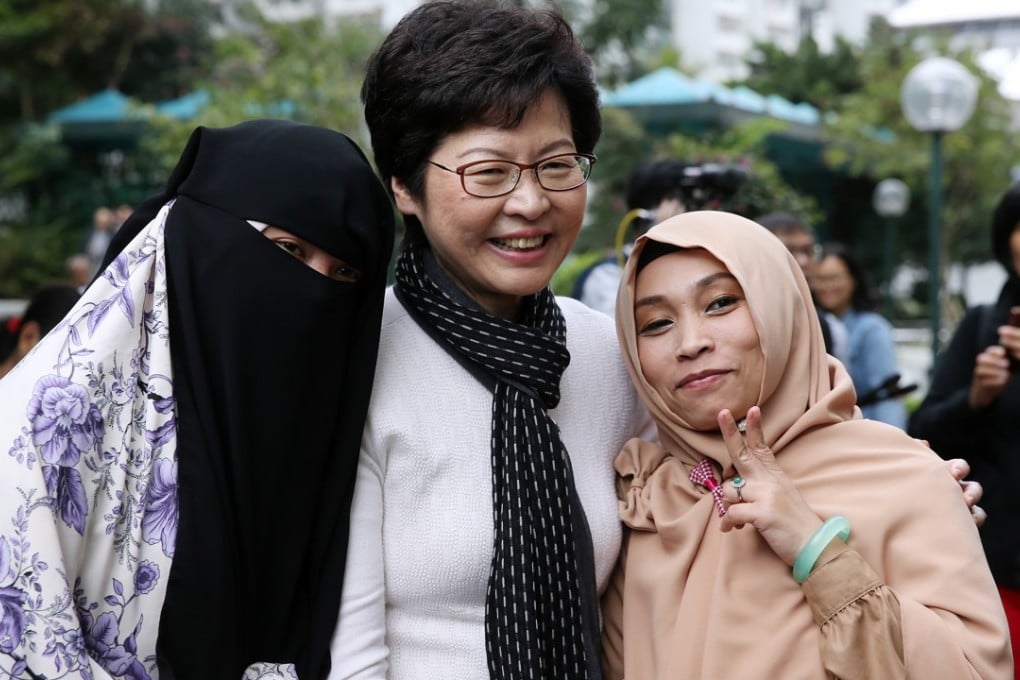Carrie Lam’s help for ethnic minorities is appreciated, but should only be the start
Shalini Mahtani says the current administration is taking unprecedented steps to help Hong Kong’s minorities, as are business leaders, but attitudes need to change among the general population

I would like to think that this change is because ethnic minorities – many of whom self-identify as “Hongkongers” – are far more engaged in demanding a better life for themselves. In the past, lobbying was exclusive to business groups and a few human rights-focused NGOs. In recent years, the landscape has shifted. There are far more NGOs, academics and individuals actively pushing for change.
Hong Kong’s ethnic minorities need targeted Chinese-language support
But something else has also changed, and I think it is empathy in leadership.
Drawing from my many years of working with large companies on inclusion, I learned that this sort of shift happens for one of two reasons. One, because leadership sees the business case for being inclusive. And two, more importantly, because leadership is personally affected by the lack of diversity in the community. We do not know what exactly is driving the chief executive but, whatever it is, long may it continue.
Lam’s government is willing to listen and engage in dialogue. There is a recognition that we are part of Hong Kong, too.
